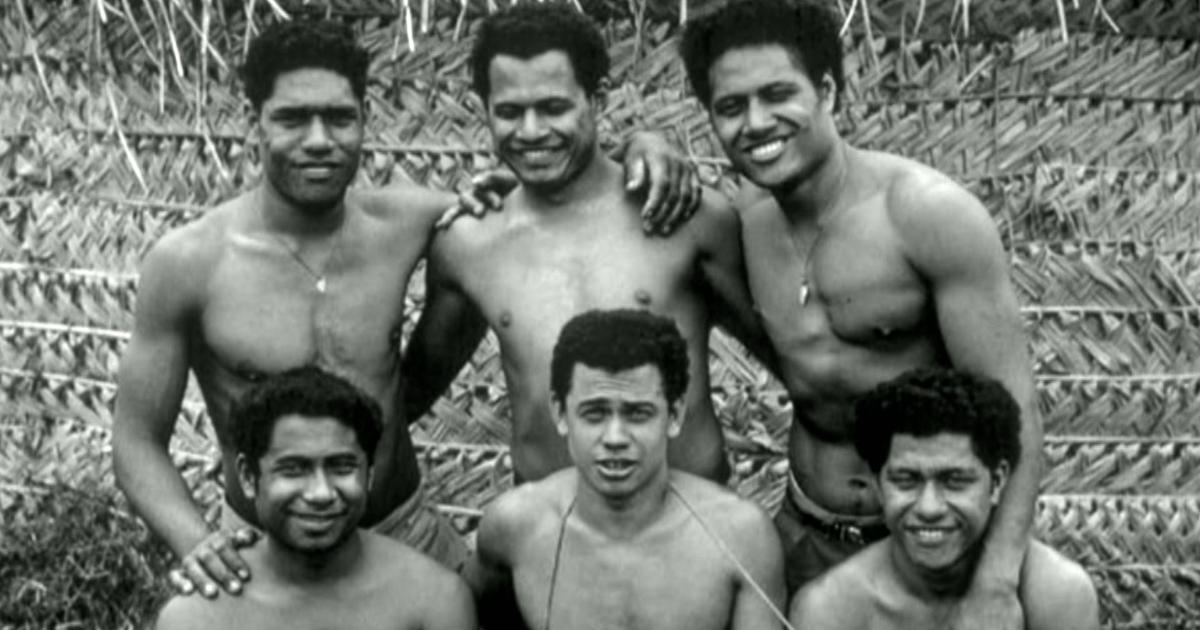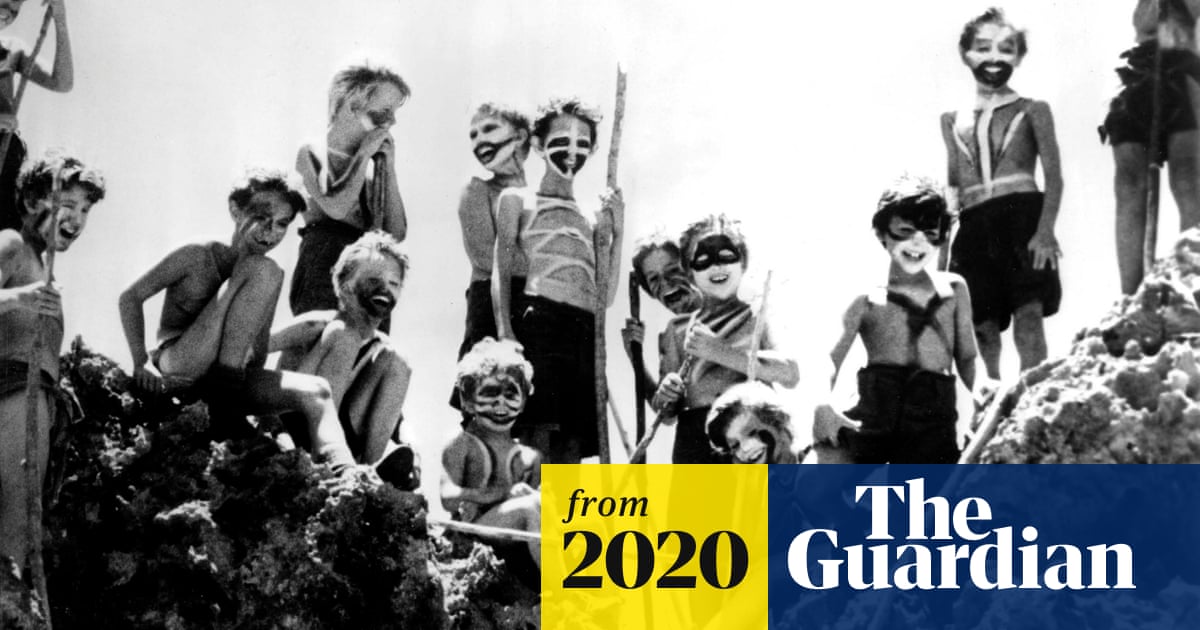- Messages
- 87
- Reactions
- 122
I like One Second After, which lead me to Alas Babylon which I've now read (i.e listen to) too many times to count. I even convinced my wife to use it in a high school literature class. I see that there was a time when folks here thought it was an essential read. Is that still true? If so, what does it have to offer?








 )
)






